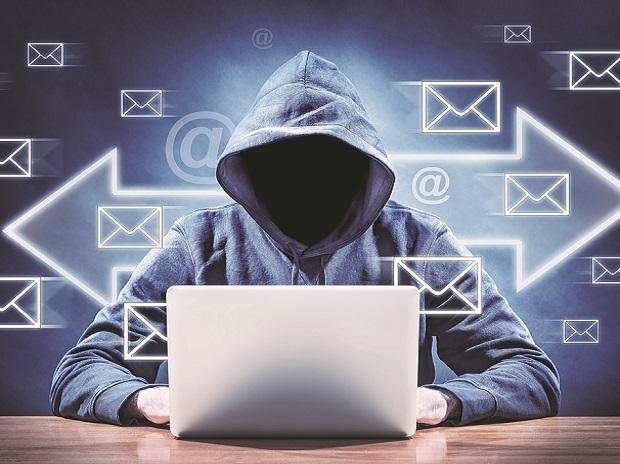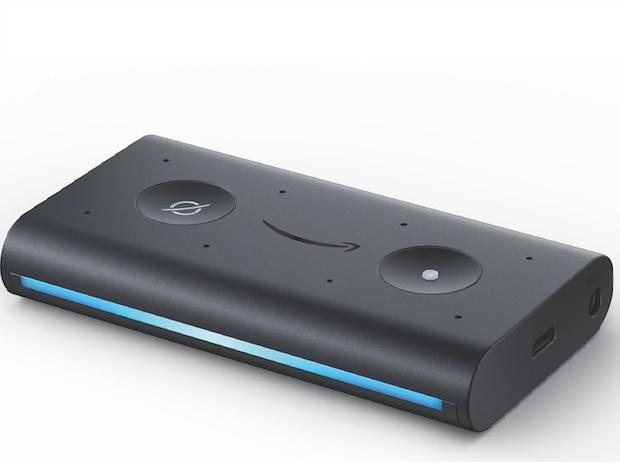As people the world over are choosing to ditch the handshakes and
hugs for fear of contracting the coronavirus, namaste is becoming the perfect
pandemic greeting.
Hands over the
heart in prayer pose. A little bow of the head. A gesture of respect. An acknowledgment
of our shared humanity. And no touching.
As people the world over are choosing to ditch the handshakes and hugs for fear
of contracting the coronavirus, namaste
is becoming the perfect pandemic greeting.
As a scholar whose
research focuses on the ethics of communication and as a yoga teacher, I’m
interested in how people use rituals and rhetoric to affirm their
interconnectedness with one another – and with the world.
Namaste is one
such ritual.
I bow to you
As people the
world over are choosing to ditch the handshakes and hugs for fear of
contracting the coronavirus,
namaste is becoming the perfect pandemic greeting So namaste means “I bow to
you.” This meaning is often reinforced by a small bow of the head.
In Hindi and a
number of other languages derived from Sanskrit, namaste is basically a
respectful way of saying hello and also goodbye. Today, namaste has been
adopted into the English language, along with other words from non-English
sources. Many words, when borrowed, keep their spelling but acquire new
meanings. This is the case with namaste – it has shifted from meaning “I bow to
you” to “I bow to the divine in you.”
























